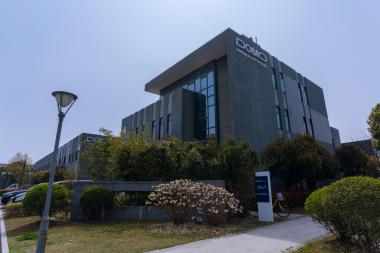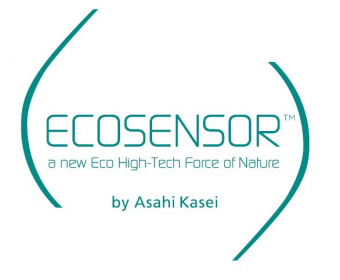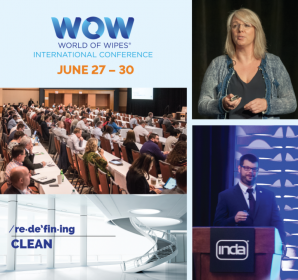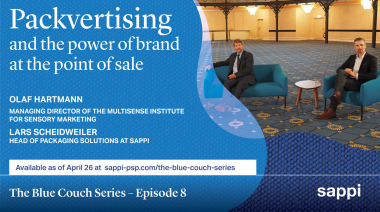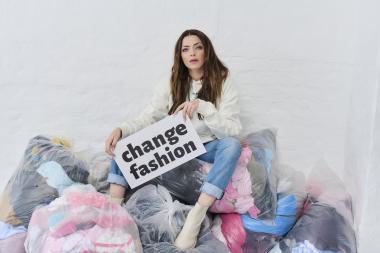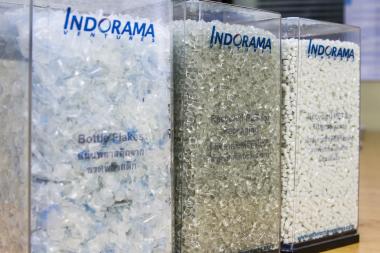Baldwin showcases connected process technologies at Print4All
Baldwin Technology Company Inc. will showcase its latest high-performance color management, surface treatment, LED-UV curing, inspection, defect detection and Industry 4.0-based analytics solutions at Print4All, which is taking place May 3 to 6 at Fiera Milano in Italy.
One of its latest advances — which will be on display at Print4All — is the XP Quatro Series™ LED-UV curing module with one head and two frequencies for broader applications. It is designed to economically and efficiently cure LED-formulated printing inks and coatings on sheetfed and web offset printing presses, as well as on larger-format flexo presses and digital print engines. The XP Quatro Series LED-UV enhances print quality, while operating at top speeds, driving increased productivity and profitability.
Italy’s ACM Flexible Packaging selected Baldwin as its LED-UV partner and became one of the first flexible film converters to offer all LED-UV curing in a narrow to mid-web format. This partnership established LED-UV printing as a growing production standard in flexible packaging and labels. Today, ACM is a 100% LED-UV, non-mercury facility.
Baldwin’s Print4All booth also will showcase Industry 4.0 and industrial Internet of Things-enabled technologies that work together to achieve greater uptime, productivity and automation. Featured solutions pair sensor-gathered data with operational data from Baldwin equipment to gain live, actionable insights to improve production monitoring, so printers and converters can achieve new levels of color consistency with fewer defects and greater assurance of curing.
Other highlights in Baldwin’s booth include the Corona Slim treatment system, which ensures the exact dyne levels needed for perfect uniformity in application, and the Guardian PQV 100% Print Inspection, which provides complete print quality verification from prepress through production, reporting and archiving.
Barry-Wehmiller






